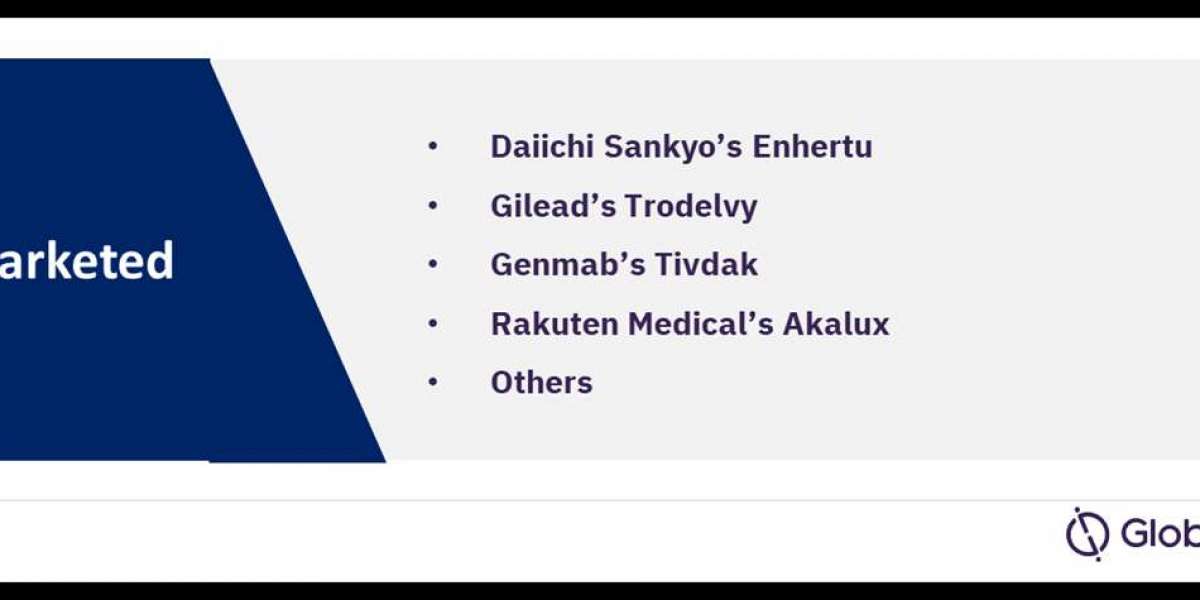Antibody drug conjugates (ADCs) market are targeted cancer therapies combining the selectivity of monoclonal antibodies with the potent cytotoxic effects of chemotherapy. This therapeutic approach is designed to deliver drugs directly to cancer cells while minimizing damage to healthy tissues.

Buy the Full Report for More Insights on the ADC Market Download a Free Sample Report
Growth Drivers
- Rising Cancer Prevalence: Increasing global cancer cases necessitate innovative treatments. ADCs offer a targeted approach, aligning with the current demand for precision medicine.
- Technological Advancements: Advances in antibody engineering, linker technology, and cytotoxic payloads have enhanced ADC stability and effectiveness.
- Approvals and Pipeline Drugs: Successful regulatory approvals of ADCs, such as trastuzumab emtansine and brentuximab vedotin, have spurred investment in research and development.
Key Technologies in ADC Development
- Linker Technology: The development of stable linkers that attach cytotoxic drugs to antibodies without premature release is crucial. These linkers release the drug specifically inside cancer cells.
- Payloads: Highly potent chemotherapeutic agents, such as auristatins and maytansinoids, are utilized to ensure maximum cell-killing potential.
- Antibody Engineering: Improvements in monoclonal antibodies increase the specificity of ADCs, leading to targeted drug delivery.
Challenges in the Market
- Manufacturing Complexity: Producing ADCs involves intricate processes, which can result in high costs and potential supply chain issues.
- Safety Concerns: While ADCs are designed for targeted action, off-target toxicity and side effects can still pose risks.
- Regulatory Hurdles: Stringent regulatory pathways may slow down the approval and commercialization of new ADCs.
Regional Insights
- North America: Leading in ADC development due to robust R&D infrastructure, government support, and active participation of major biopharmaceutical companies.
- Europe: Showing consistent growth with increasing focus on biotechnology and pharmaceutical collaborations.
- Asia-Pacific: Expected to exhibit rapid growth driven by increased healthcare investment, expansion of biotechnology firms, and rising cancer rates.








